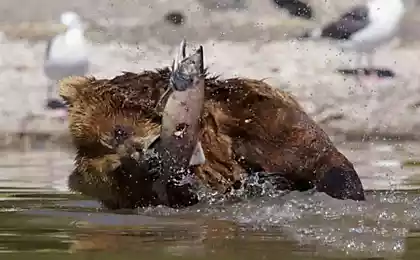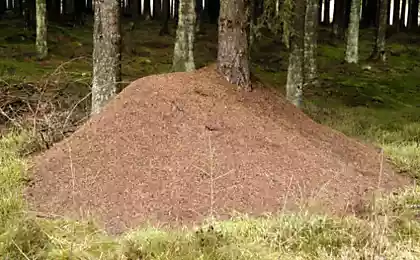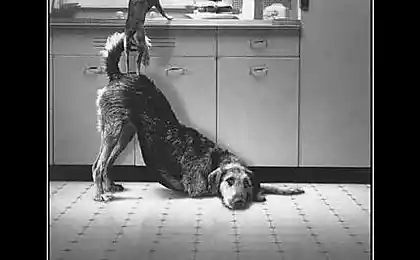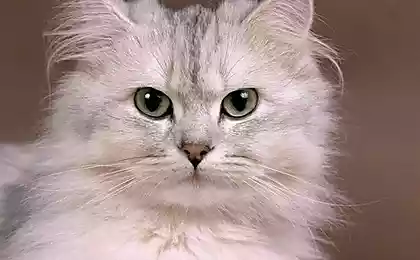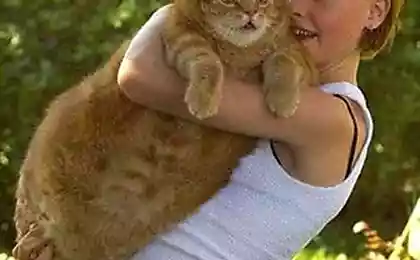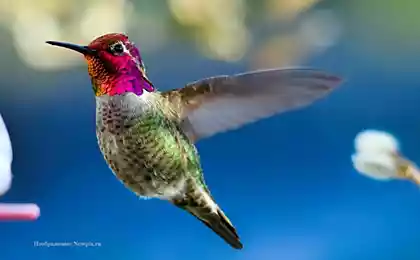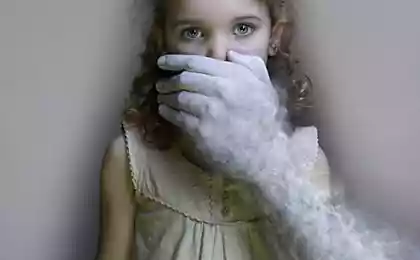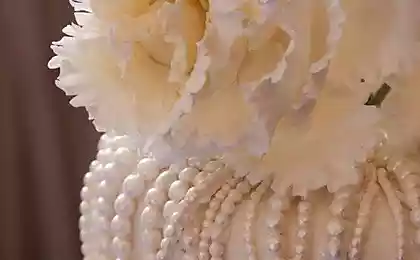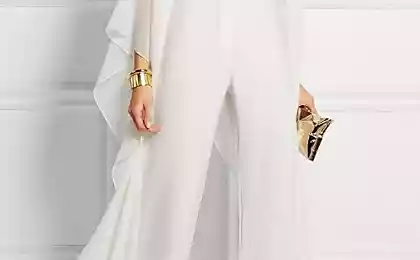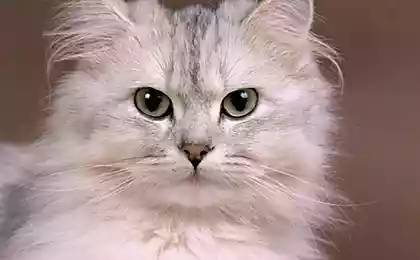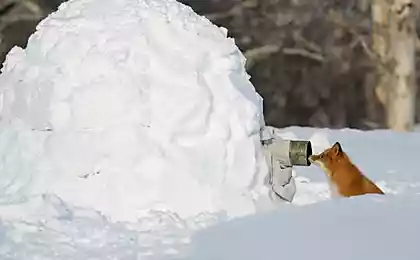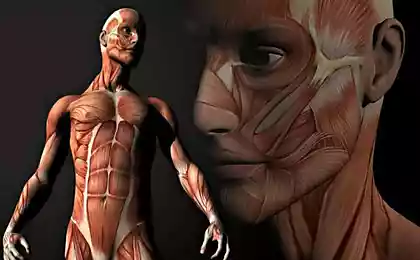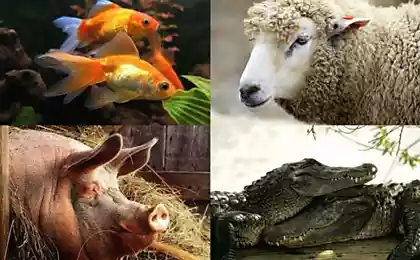593
10 facts about ants

1. Ants - one of the oldest existing species of insects in the world. Ant fossils were found the age of more than 100 million years.
2. The ants you see today is not very different from ants living on Earth more than 100 million years ago.
3. Ants almost omnivorous and attack any prey, which can cope with, and they do not disdain dead insects.
4. In the world almost as many species of ants (8800), many species of birds (9000).
5. The working ants continually "useful" things, sleep very little - less than five hours a day. And I spend all this time they did not at once, and stretch it on dozens of small periods of length of about a minute. So, during the day working ant can nap up to 250 times. Thanks to this daily routine, more than 80% of the population of the anthill is always awake to help the ant colony to be always ready for the unexpected.
6. An ant can lift a load of approximately 100 times heavier than their own weight.
7. In Africa and America, there are so-called militant ants that kill everything that comes their way, and by whom are fleeing even lions.
8. In an anthill operates its own system of punishments. For example, if a healthy ant furazher (engaged in the search for food) several times returns to the nest with nothing, it "executed" - killing himself and allowed to forage. Curiously, completely different ants come to those who have lost the ability to work due to injury. They are fed up until they are able to ask for food, that is, tapping a mustache on certain parts of a healthy head of an ant.
9. Ants - active predators, but at the same time they hold and "cattle." In his role appears aphids, the ants eat not only herself but also her selection. It is not a form of parasitism, because without formic care aphids die much earlier by other predators. Ants herd aphids on blizrastuschih plants protect them. And at the first request aphids allocate their surplus nectar. In order to "to milk" aphids ant mustache tickles its belly.
10. Not all ants are so industrious, as is commonly believed. Observations have shown that 80% of ants engaged in socially useful work - clean housing, collect food; But the rest - beat thumbs. The situation has not changed even after the researchers removed the part of the "working" of ants. The remaining "workaholic" work in full swing with a vengeance, and nothings have remained out of work. A possible explanation for this strange behavior of the latter may be either their age or pathological laziness.
Source: neobychno-neobychno.blogspot.com
via factroom.ru
